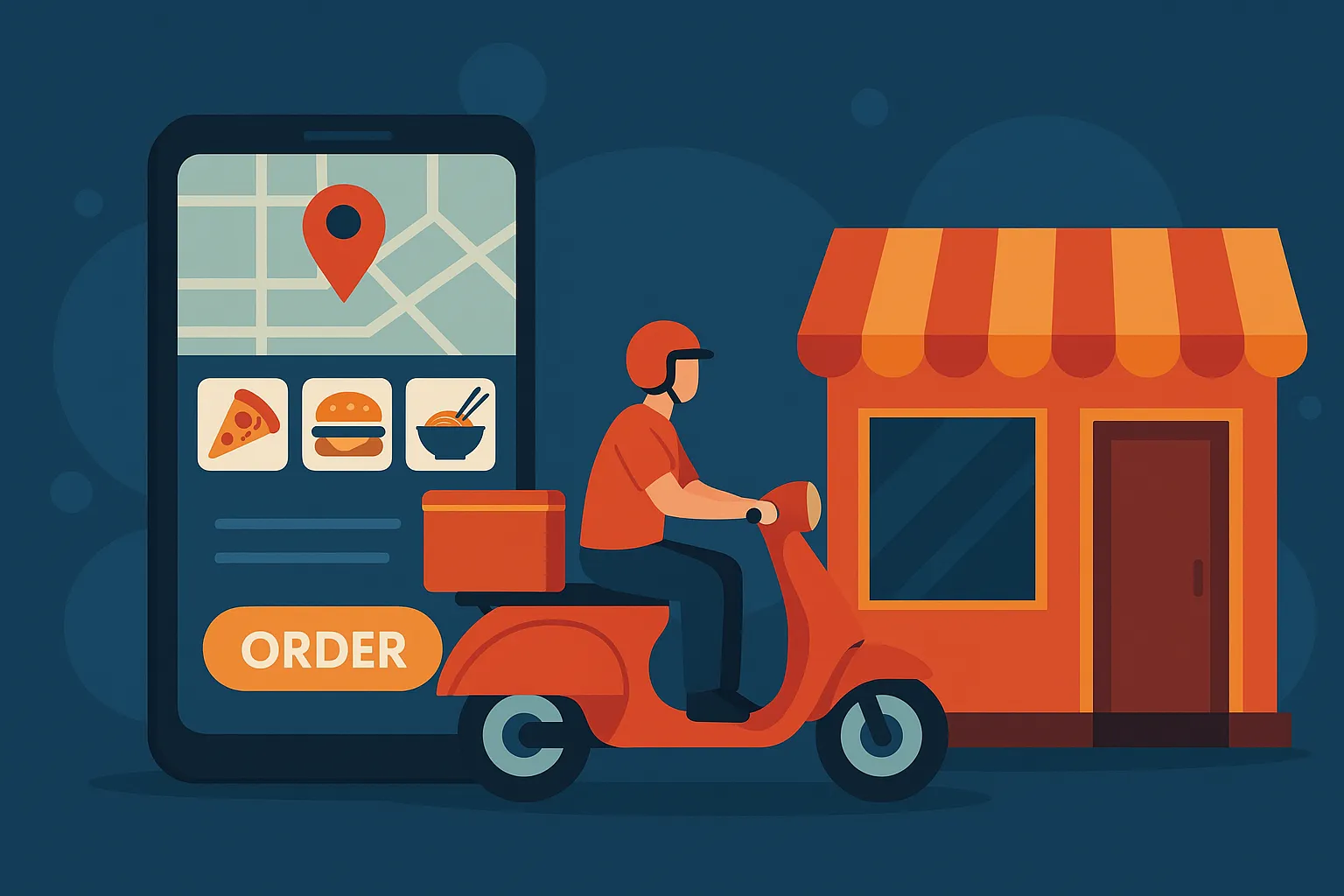Picture this: It’s late, you’re hangry (that toxic mix of hunger and rage), and your fridge looks like a desert. What do you do? You pull out your phone, tap a few buttons, and boom — biryani’s on its way. That magic moment? Brought to you by platforms like Delivery Hero.
Now imagine being the entrepreneur who builds that experience for others — seamless, scalable, and oh-so-satisfying. That’s where the magic of feature planning comes in. Delivery Hero didn’t become a global food delivery empire with luck alone. Its tech stack and feature list are battle-tested and brutally efficient.
In this blog, we’ll crack open the delivery beast and reveal exactly what features fuel its performance. Whether you’re a creator crafting your own food delivery app or a startup dreaming of the next Zomato-killer, you’ll want to bookmark this.
And if you’re wondering where to start with development — Miracuves builds ready-to-deploy Delivery Hero clone app that make launching your own food empire a breeze.
Read more: What is Delivery Hero App and How Does It Work?
The Core Features That Drive Delivery Hero’s Success
Let’s break down what makes Delivery Hero, well… a hero in the food-tech world. Here are the must-have features every delivery platform needs to copy — or improve upon.
1. Seamless User Registration & Onboarding
Nobody likes clunky sign-up flows. Delivery Hero nails onboarding by offering:
- Social sign-ins (Google, Apple, Facebook)
- Phone verification with OTP
- Personalized onboarding screens
This reduces friction, improves first impressions, and gets users to the checkout page faster.
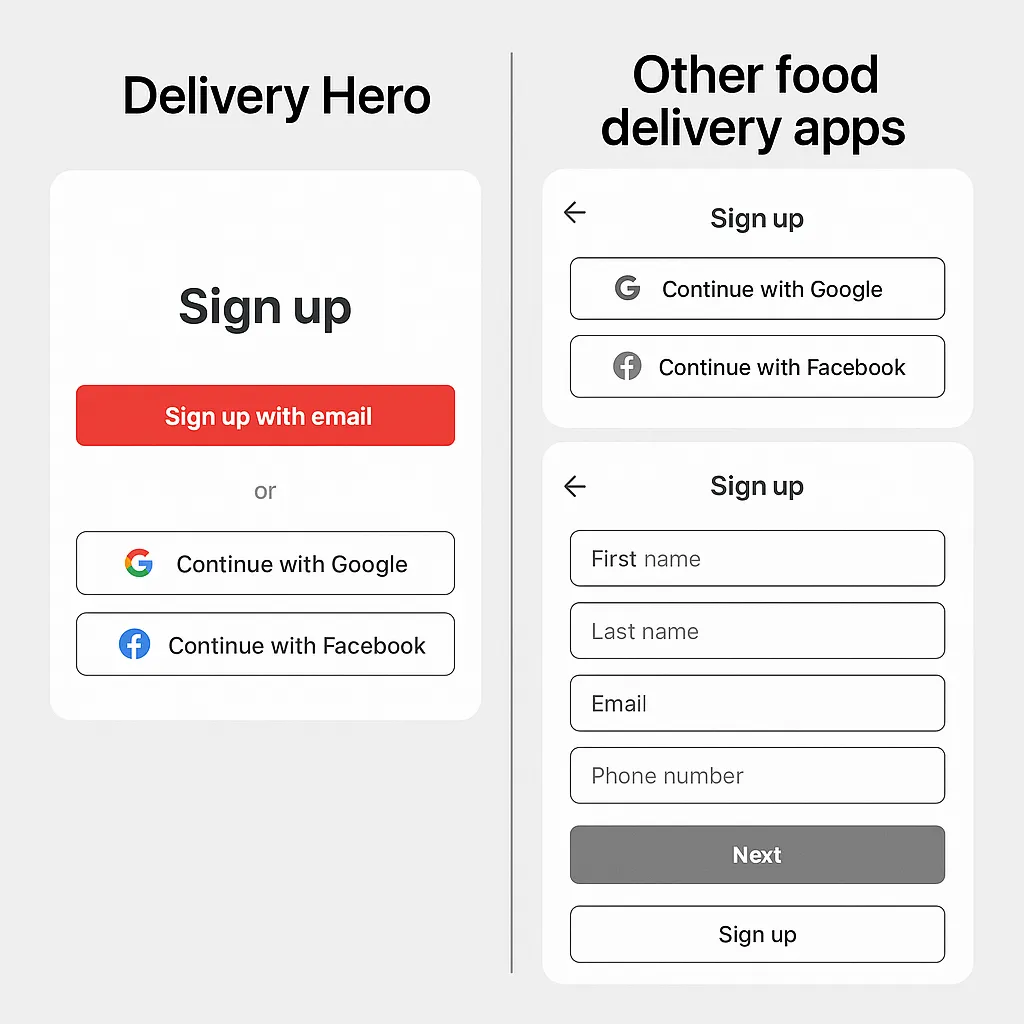
2. Real-Time Restaurant Discovery Engine
Filtering through dozens of listings? Delivery Hero handles it with finesse:
- Smart filters (cuisine, ratings, delivery time)
- AI-powered recommendations based on user history
- Map-based navigation with geolocation
This isn’t just UX flair — it’s what keeps bounce rates low and order rates high.
3. Live Order Tracking & ETA Estimations
Let’s be honest — if we don’t see that little delivery scooter inching across the map, we panic.
Delivery Hero offers:
- Live GPS order tracking
- Estimated time of arrival (ETA)
- Real-time notifications via push/SMS/email
This builds trust and turns one-time users into loyal customers.
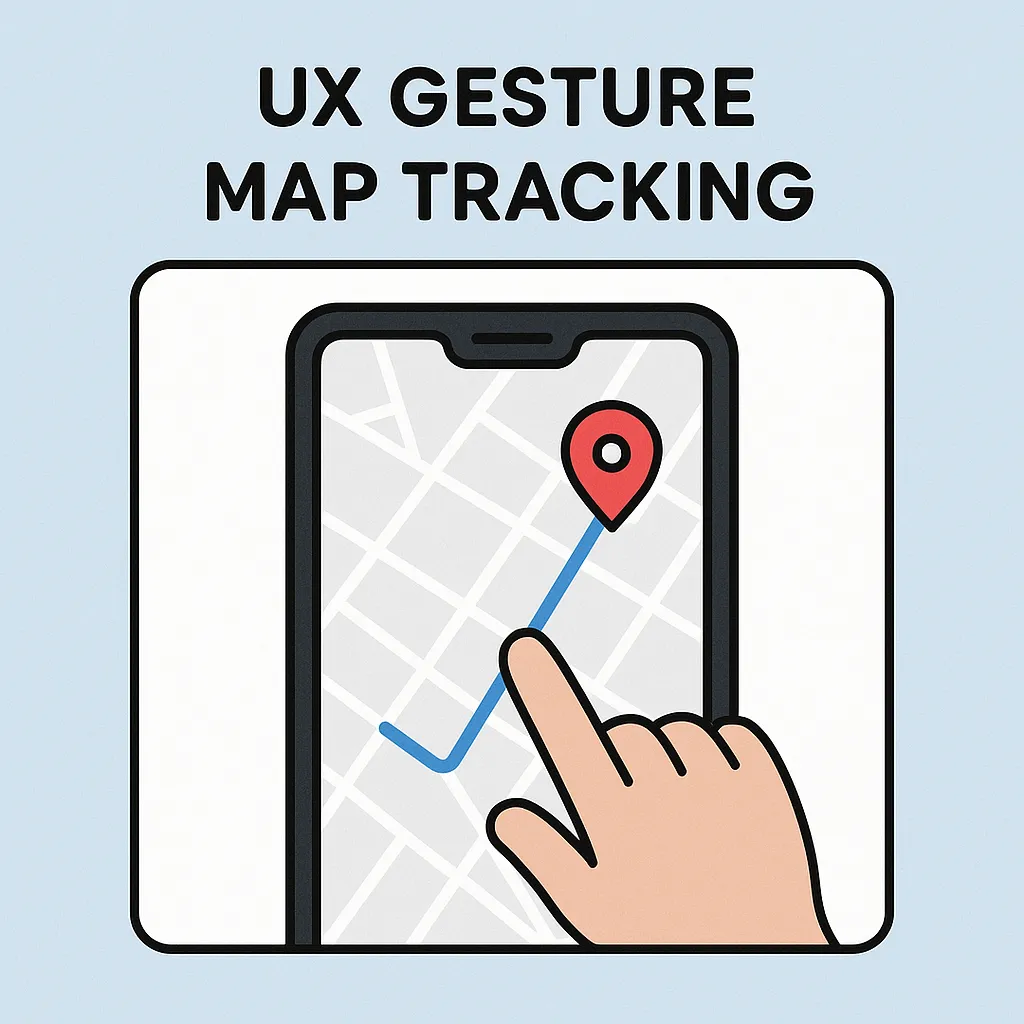
4. Multi-Party Communication Channels
A great delivery app enables seamless conversations:
- Chat with restaurant
- In-app driver communication
- Support ticketing with automated replies
This communication triangle — customer, courier, vendor — reduces delivery mishaps and keeps things transparent.
5. Dynamic Pricing & Discounts Engine
Delivery Hero uses algorithmic magic to offer:
- Time-based surge pricing
- Loyalty rewards and coupons
- Promo stacking logic (yes, it’s as cool as it sounds)
Startups love this because it’s where monetization and retention meet halfway.
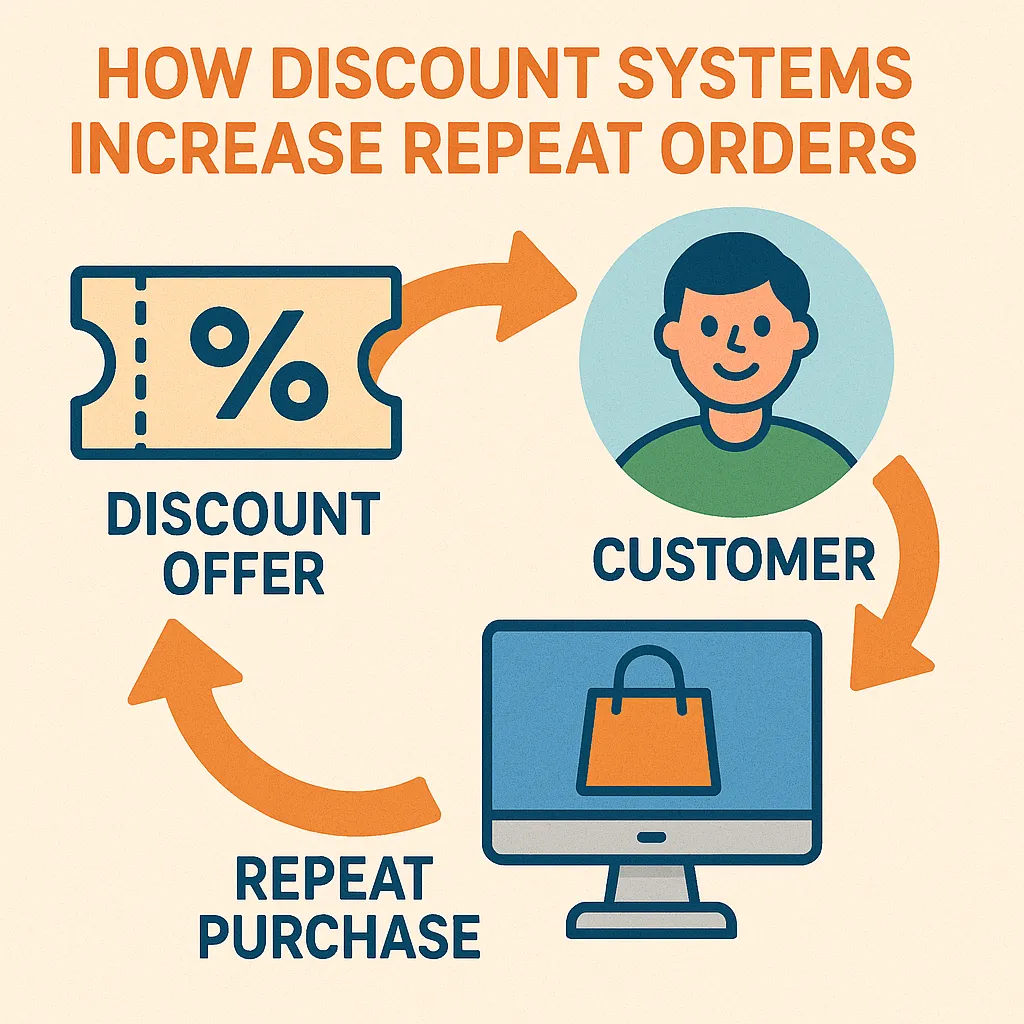
6. Multi-Currency & Multi-Language Support
Operating in 70+ countries, Delivery Hero has:
- Real-time currency conversion
- Localized language packs
- Region-specific UI changes
Going global without this layer? You’ll hit a wall fast. Hyperlocalization is no longer optional — it’s survival.
Statista: Global Online Food Delivery Market
7. Courier Fleet Management Dashboard
Behind the scenes, the courier module is a powerhouse:
- Driver onboarding & KYC
- Delivery heatmaps
- Auto-dispatch algorithm with batching
It’s not just about sending food from A to B — it’s about optimizing the entire logistic ballet.
8. Vendor Dashboard with Smart Controls
Restaurants get the tools they need to thrive:
- Menu management
- Inventory sync
- Analytics on peak hours, order volume, customer ratings
This transparency means less chaos during rush hours — and fewer cancelled orders.
9. Multiple Payment Gateways & Wallet Integrations
From Apple Pay to local e-wallets, Delivery Hero nails the checkout game:
- Card, cash, crypto options
- Saved card tokens
- One-click reorder with saved preferences
One bad payment experience can end a customer’s journey. Delivery Hero makes it frictionless.
10. Admin Control Panel: The Command Center
Finally, the backend brain:
- Performance analytics dashboards
- City-wise control over commissions & delivery zones
- Fraud detection modules
This is where your startup shifts from “fun idea” to “serious business.”
Bonus Features You Can’t Ignore
Here’s what’s creeping into delivery apps this year:
AI Chatbots for Customer Support
24/7 support without burning payroll — a lifesaver for lean startups.
Voice Search for Ordering
“Order me a chicken tikka roll” — and boom, it’s in the cart. Welcome to food-tech 3.0.
Dark Mode & Accessibility Features
Because aesthetics matter. And so does inclusivity.
What Makes These Features Work: UX/UI Is Everything
A great feature without intuitive design is like a Ferrari with no gas. From swipe-to-reorder gestures to lazy-loading images — these micro-interactions define the user experience.
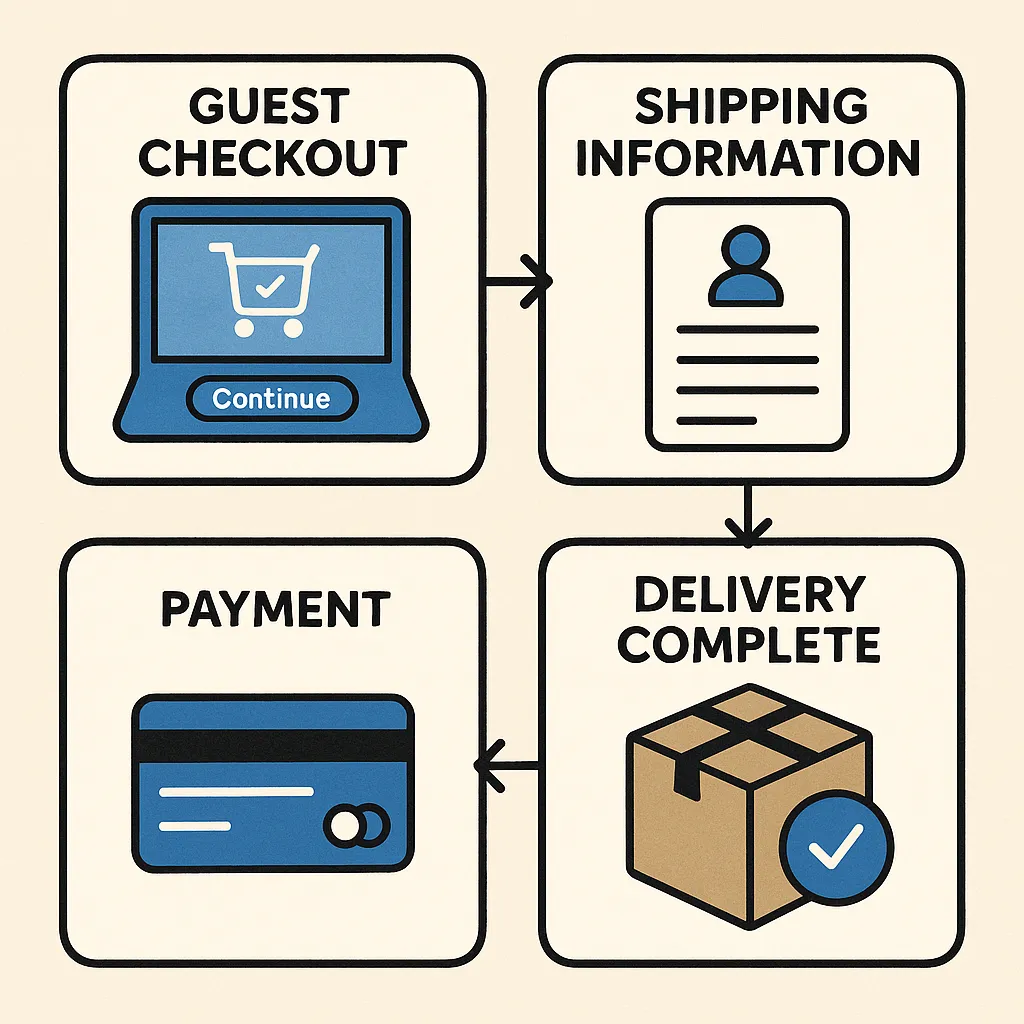
Read more: Best Delivery Hero Clone Scripts in 2025: Features & Pricing Compared
Conclusion
Delivery Hero didn’t become a market leader by winging it. Each feature, each screen, each decision — it’s all engineered for one thing: user delight. And the good news? You don’t need to reinvent the wheel.
At Miracuves, we help innovators launch high-performance app clones that are fast, scalable, and monetization-ready. Ready to turn your idea into reality? Let’s build together.
FAQs
Q:1 What makes Delivery Hero different from other food delivery apps?
It’s the combination of AI, hyperlocal features, and enterprise-level scalability. From live tracking to smart filtering, it’s built for both customers and restaurants.
Q:2 Can I build a Delivery Hero-like app without starting from scratch?
Absolutely. With a pre-built clone from Miracuves, you get all the core features — customizable, scalable, and launch-ready.
Q:3 How does Delivery Hero handle multi-country operations?
Through language localization, real-time currency support, and regional UI adjustments.
Q:4 Do I need a big team to run a Delivery Hero-style platform?
Not necessarily. With the right admin panel and automation tools (like those in Miracuves’ clone), even lean teams can manage operations efficiently.
Q:5 What tech stack powers Delivery Hero?
Think microservices, GPS APIs, Firebase for notifications, AI for recommendations, and robust backend dashboards — all of which can be replicated.
Q:6 How long does it take to launch a Delivery Hero clone?
With Miracuves? Weeks, not months. It depends on how much customization you want, but MVPs can go live fast.
Related Articles:



